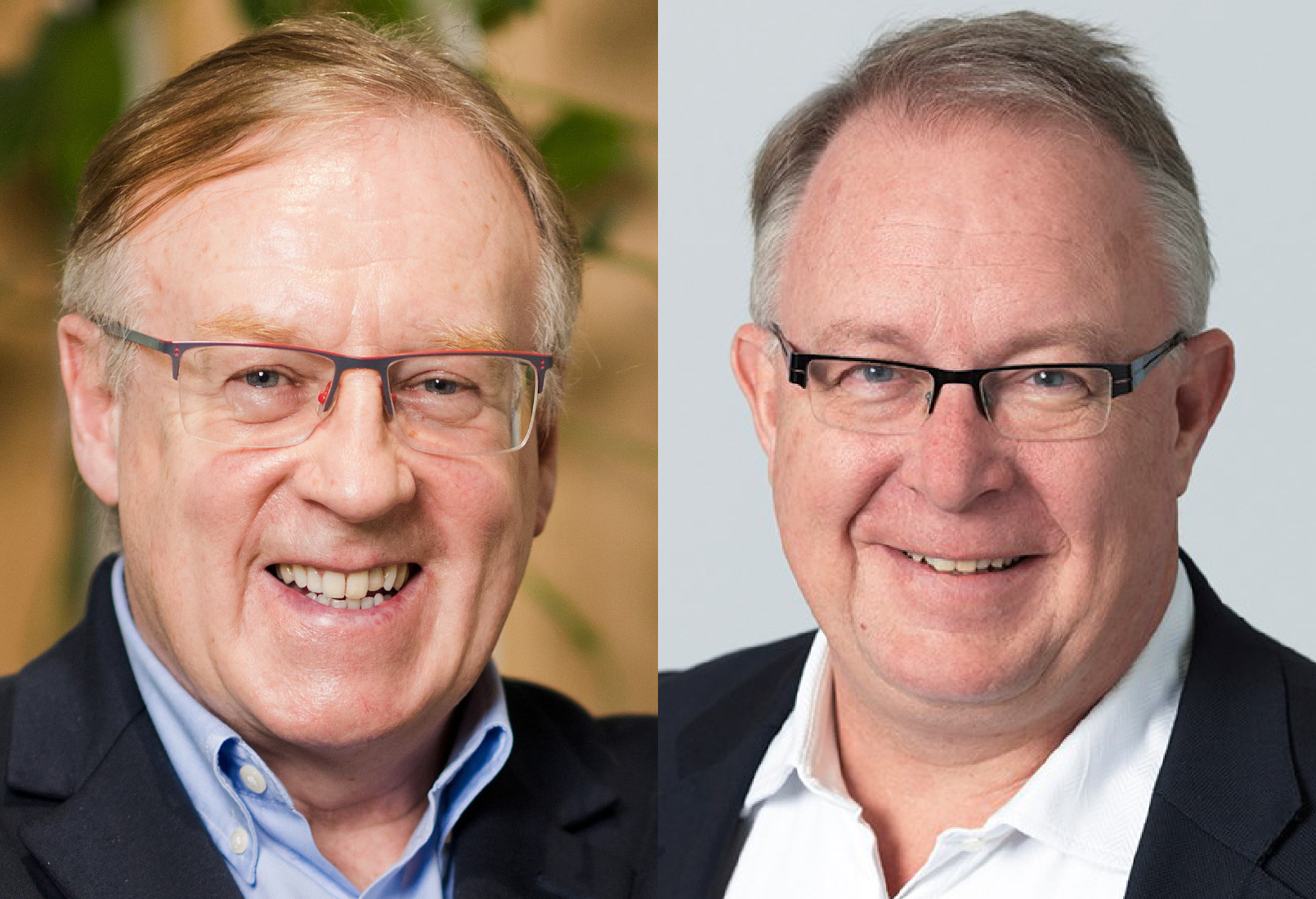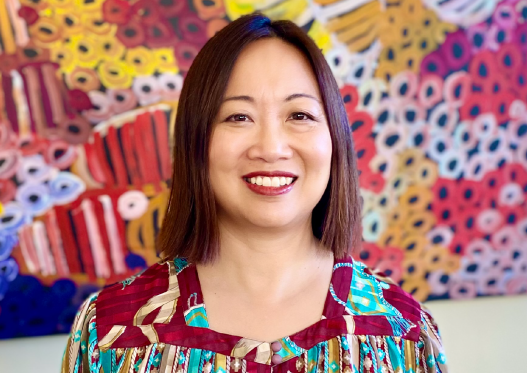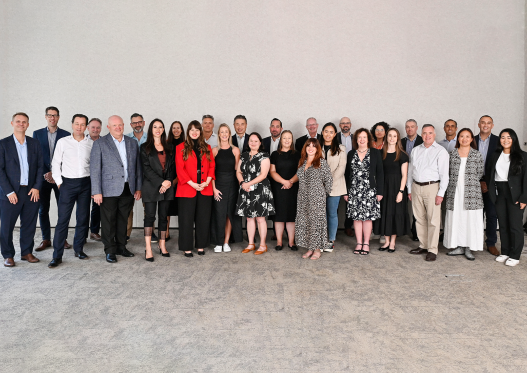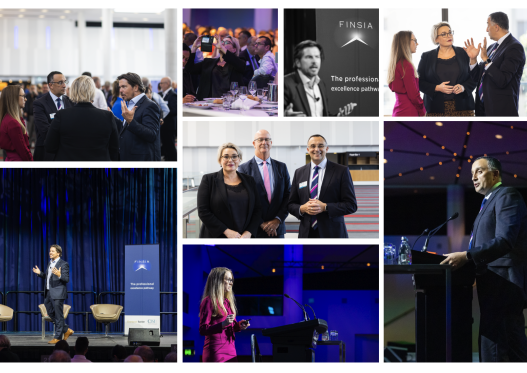By utilizing a vivid, modern, and contemporary language, Joseph and David invite the reader to an intriguing, challenging, rewarding and multidimensional innovation and entrepreneurship journey, writes Swinburne’s School of Business, Law, and Entrepreneurship Dr Salampasis.
Joseph and David adopt an open, honest, transparent, and rigorous approach blended with facts, personal experiences, insights, learnings and applied theories.
The book sits in the FinTech, banking entrepreneurship, digital innovation, strategy, and organizational change nexus, embedding key aspects of human, organizational, cultural, ecosystem, information technology and reflectional capital.
Each chapter tells a unique story, while key learnings, actionable insights, practical tools, and a foresight mentality instil current, aspiring, and future entrepreneurs, intrapreneurs and business leaders with inspiration, strategic mindset, emotional intelligence, and innovation quotient to embark, drive and lead a theory of change.
Chapter 7 ‘Finding our balance: building the team and culture’ really grasped my attention. I appreciated the honesty, the sensitivity and the open-minded attitude adopted to approach such a fundamental but often either overlooked or completely forgotten element (until it’s too late …). Organizational culture, values and people are the necessary elements every organization needs to protect and leverage to evolve. The growth mindset approach really resonates with me since I enjoy working with organizations that are growth-driven but not growth-obsessed-driven. The delineation around building an organization and building a business being two different things is critical because it allows for clarity around developing a leadership quotient, creating trust capital, along with, enabling leadership to see the organization holistically beyond the business engine. Bringing forward the right mix of leadership, structure, culture, organizational behaviour, and organizational memory helps organizations develop mental growth trajectories that determine the evolutionary transformation of an organization. The authors provide very insightful ideas and actionable pieces of advice branched across the different organizational layers leveraging on their own learnings from the Judo Bank journey. By reading this chapter I could really visualize Judo Bank’s organizational identity and the associated elements around it.
By reading across each page the reader discovers, debates, contextualizes, and redefines various and often fragmented perceptions of entrepreneurship and innovation, being brought to unknown but at the same time so familiar and safe places. Readers are seeded with a mindset shift of not only venturing towards the destination but primarily enjoying and learning from their journey.
The book is not a roadmap for predefined, premature, and predetermined success; it is a real eye-opener for every person and professional envisioning to do good in life and craft a novel and impactful value logic. Joseph and David lavishly open their own vaults of knowledge, experiences and wisdom and generously share priceless, hands-on, and pragmatic insights, advice, and guidance. The most important aspect of this openness is the fact that it is made of the best ingredients: an open, sincere, and pure heart and soul.
It is a must-read material for every business student, entrepreneur, industry professional and corporate leader aspiring to create a better, just, ethical, and moral world. This book sincerely deserves a place on every business school’s library. Why? Because it is written by two people who despite their years of amazing working experiences, are not afraid to challenge the status quo, are unafraid to get out of their comfort zones, work hard and experiment, are willing to take risks, while carrying and leading a tabula rasa mentality.
The book is published in times of global business, financial, societal and governance turmoil. The COVID-19 pandemic has been challenging prevailing entrepreneurship, innovation and business growth narratives and organizations around the globe are in a continuous quest for novel business model value logics, navigating at the same time across the complexities of ESG principles, values-based governance, regulation and compliance requirements and corporate sustainability challenges. At the same time, funding for new start-ups is becoming scarce and more selective and scalability potentialities are reserved for the ones that can prove inherent ability to see beyond business as usual, organizational foci and ‘re-dimentionalize’ rigid mental boxes.
Henry Ford said that “Anyone who stops learning is old, whether at twenty or eighty. Anyone who keeps learning stays young. The greatest thing in life is to keep your mind young”. By reading this book I discovered that Joseph and David have been taking a genuine and serious interest into all the details revolving around Judo Bank. What I truly appreciated is what they both love is dedicating their lives into things that truly matter. What is unique in this journey is that both Joseph and David never resist in seizing the day even if they don’t know what is going to happen tomorrow. This is the real lesson and true essence of being a black belt.
Network with Joseph Healy, along with other industry leaders, at the NSW Current and Future Leaders event.









